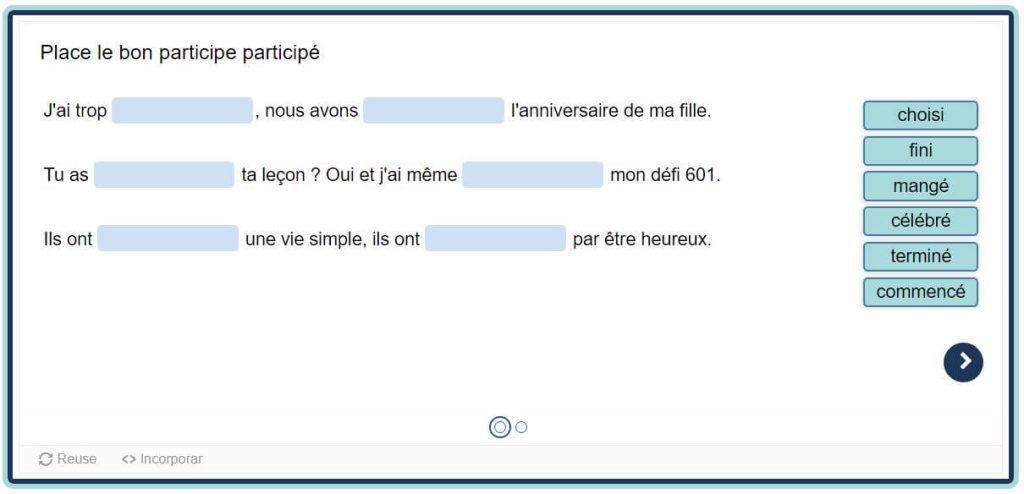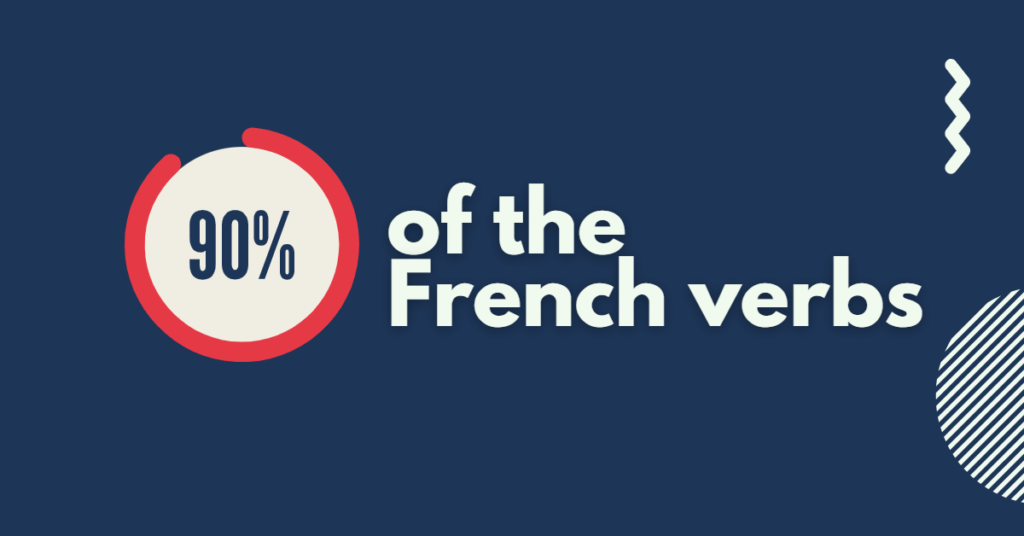The passé composé is the most commonly used past tense in French and often frightens students because of its complexity. However, with the right approach, seeing it step by step, the past tense can be easily learned!
A short reading to illustrate the passé composé
Ce matin, nous sommes tous arrivés à l’école bien contents, parce qu’on va prendre une photo de la classe qui sera pour nous un souvenir que nous allons chérir toute notre vie, comme nous l’a dit la maîtresse.
Elle nous a dit aussi de venir bien propres et bien coiffés. C’est avec plein de brillantine sur la tête que je suis entré dans la cour de récréation. Tous les copains étaient déjà là et la maîtresse était en train de gronder Geoffroy qui était venu habillé en martien.
Notes de vocabulaire pour t’aider :
- Chérir : to love, to cherish
- Se coiffer : to style hair
- La cour de récréation: playground
- La maîtresse: mistress, teacher
- Gronder : to grumble, to scold
Now look closely at the highlighted words, they are past tense verbs…can you guess for yourself how the past tense is constructed?
La construction du passé composé
As its name suggests, the passé composé is… composed! It is composed of an auxiliary (un auxiliaire qui est “être” or “avoir”) and a special form verb called “le participe passé” (past participle).
How well do you remember être and avoir?
| Auxiliaire AVOIR | Auxiliaire ÊTRE | |||
| J’ – Je | ai | suis | ||
| Tu | as | es | ||
| Il – Elle | a | OU | est | + participe passé |
| Nous | avons | sommes | ||
| Vous | avez | êtes | ||
| Ils – Elles | ont | sont |
Let’s review in excerpt what we have just read:
- “Ce matin, nous sommes tous arrivés à l’école” “This morning we all arrived at school“
- “…comme nous l’a dit la maîtresse.” “…as the teacher told us”.
- “Elle nous a dit aussi de venir bien propres…” “She also told us to be honest”…
Você quer saber como conjugar 90% dos verbos franceses? Baixe nosso PDF!
Les conjugaisons de “Avoir” + Participe passé
In this lesson, we will concentrate on the cases with the auxiliary “avoir”, we will explain in more detail the cases with the auxiliary “être” in the next lesson.
The passé composé is quite simple, the only difficulty is to find the past participle (le participe passé) of the verb, especially when this verb is irregular.
- Les verbes du premier groupe ont un participe passé en “é”: parlé, mangé, chanté, appelé…
- Les verbes du deuxième groupe ont un participe passé en “i”: fini, choisi, rougi…
Quelques exemples :
- J’ai parlé avec mon ami
- Tu as fini ton livre ?
- Nous avons appelé le médecin.
- Vous avez choisi le plat ?
C’est simple non ? Maintenant, entraîne-toi !
Faça login gratuitamente para fazer os exercícios aqui.

Les cas particuliers des verbes du troisième groupe :
There is no magic method for forming past participles. However, we can help ourselves by grouping them into large families, according to the sound we hear at the end:
| Terminaisons | Exemples |
| – U | Vouloir > J’ai voulu Savoir > Tu as su la nouvelle ? Croire > Nous avons cru en toi. Boire > Vous avez encore trop bu ? Recevoir > J’ai reçu 15€ de ma banque. Lire > Tu as lu son dernier livre ? Savoir > J’ai su ma leçon par cœur. |
| – IS | Prendre > Tu as pris les clés ? Comprendre > Je n’ai rien appris aujourd’hui |
| – ERT | Ouvrir > Ils ont ouvert la porte. Souffrir > Tu as souffert ? Offrir > J’ai offert des fleurs à ma femme. |
| – IT | Dire > Vous avez dit quoi ? écrire > Nous avons écrit à notre mère. |
| Autres | Être > J’ai été à la plage. Avoir > Nous avons eu de la chance. Faire > Tu as fait tes devoirs ? Mettre > Ils ont mis la table. |
As you can see, there are some patterns that stand out, such as verbs in -oir that often change to -u in the past participle. But there is no secret, you have to practice as much as possible to be able to use them without overthinking.
La négation au passé composé
In a passé composé sentence, the negation “ne…pas” is placed before and after the conjugated auxiliary verb (in “sandwich”). Attention it is the auxiliary (être or avoir) that is important here (which is what is in the sandwich) and not the past participle verb!
Exemples :
- Je n’ai pas trouvé la poste. I could not find the post office.
- Nous n’avons pas choisi le dessert. We did not choose dessert.
- Vous n’avez toujours pas fini ? Aren’t you done yet?
Now finish this lesson with a quiz to validate your knowledge!
Faça login gratuitamente para fazer os exercícios aqui.





